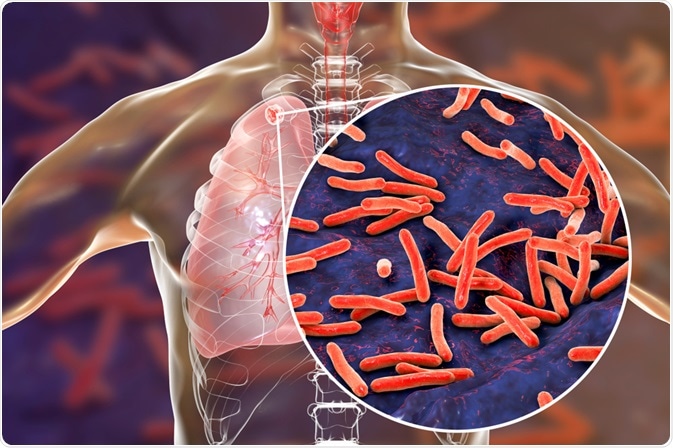Zoonoses are diseases that are transmitted from animals to humans. Moreover, zoonoses can stem from the bacterial, viral, parasitic, or fungal infection of an animal host that spreads to humans through bite, scratch, or ingestion. Zoonotic diseases have had a major impact on human civilization throughout history and have shaped modern societies, governments, and farming practices.
The plague
The plague is one of the most devastating human diseases of all time. The plague is caused by the bacteria Yersinia pestis and is transmitted to humans through the bite of a flea. The plague is carried by small rodents such as rats, mice, and squirrels, which have lived among humans and their food supplies for centuries. The plague has had an enormous impact on human civilization, affecting art, literature, culture, and even human populations.
Although the presence of the plague has been noted throughout human history, there have been three major epidemics that have been particularly devastating to the human population. The first epidemic, which was the Justinian Plague, began in the middle of the 6th century in the Byzantine Empire. Over a 200-year period, it is thought that nearly 25 million people died of the plague.

Image Credit: Evertt Collection / Shutterstock.com
The second epidemic, which is referred to as the Great Plague or the Black Death, occurred during the 14th century. The Great Plague began in China and traveled by established trade routes throughout Asia and Europe, ultimately killing millions of people and wiping out 60% of the population of Europe.
The third plague, which is also known as the Modern Plague, began in China in the late 19th century and eventually killed 10 million worldwide. Rat-infested shipping containers and merchant ships, along with rat fleas, are considered to be likely reasons for the spread of the plague. Today, outbreaks of the plague still occur in parts of Asia, Africa, and western regions of the United States, which can be treated with antibiotics.
Bovine tuberculosis
Bovine tuberculosis (TB) is caused by the Mycobacterium bovis bacteria and is transmitted to humans through consumption of unpasteurized dairy products or direct contact with an infected animal.
Bovine TB was once a significant cause of death in 19th century Europe and North America. The large number of deaths during this time were thought to be associated with the urbanization of cities and towns, which moved people farther away from the rural farmland where milk was produced. As people were farther from the source of milk production, the time between harvesting and delivery of milk to consumers subsequently rose as well. This increased time from harvest to consumption provided ample opportunity for bacteria to grow and replicate to unsafe levels.
In 1882, the German microbiologist Robert Koch identified bovine TB as an infectious threat to humans. Soon after in Great Britain, a Royal Commission of TB was established to tackle this issue. However, it was not until 1907 when the Royal Commission declared that TB was transmissible through infected milk and measures were taken to prevent consumption of contaminated milk.
Early efforts to eradicate TB in Great Britain focused on the management of infected cow herds by improving living conditions and enforcing the removal of cows known to be infected. Despite these efforts, the rates of bovine TB remained high. In fact, between 1912 to 1937, it is estimated that over 65,000 people died in Great Britain alone due to this infection.

Image Credit: Kateryna Kon / Shutterstock.com
Thanks to the efforts of the French scientist Louis Pasteur, the process of pasteurization was developed to kill microorganisms in milk and other beverages using heat. In 1925, the pasteurization of milk was proved to be a safe and effective means of removing dangerous pathogens from raw milk.
Shortly after, the pasteurization of dairy products to increase public safety became more common in developing countries. In fact, the United States instituted mandatory pasteurization of milk for public consumption in the 1930s, which was an effort spearheaded by Dr. Alice Catherine Evans from the U.S. Department of Agriculture. In 1943, Dr. G. S. Wilson of the London School of Hygiene and Tropical Medicine declared that pasteurization of milk is the only immediate solution for supplying safe milk to the British public. In the 1950s, the British government entities instituted a compulsory TB eradication plan that focused on cattle testing and herd management, and pasteurization of commercially sold milk soon followed.
References
Further Reading
Last Updated: Mar 18, 2021